Monitoring Residual Disease in AML: A review to highlight the need for a standardised approach
This Lab Talk will look at Monitoring Residual Disease in AML highlighting how this differs from Minimal Residual Disease. We will also dive into the use of NGS panels for AML testing particularly how these align to MRD requirements.
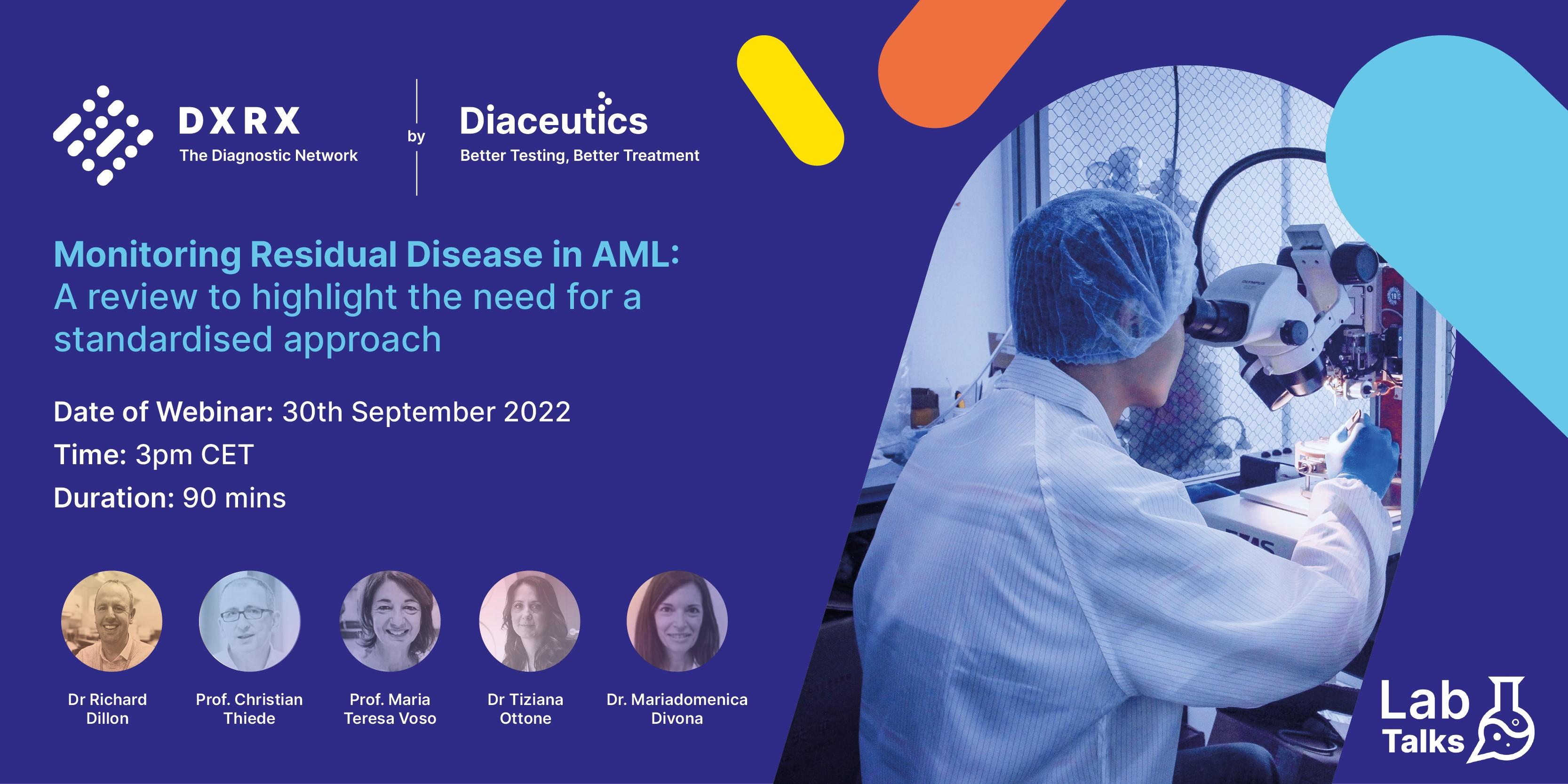
Date and time: Friday September 30th, 2022 3pm (CET)
Duration: 1 hour & 30 minutes (total)
Agenda:
- Diaceutics Intro & Housekeeping – Antonio Capece (5 mins)
- Minimal versus Measurable Residual disease – Prof. Maria Teresa Voso (20 mins)
- NGS emerging in AML&MRD – Prof. Christian Thiede (20 mins)
- Q&A session part I – All participants (10 mins)
- CDx report program results 2019/2020 - Dr. Mariadomenica Divona/Dr. Tiziana Ottone (15 mins)
- Need for standardization of reports – Dr. Richard Dillon (15 mins)
- Q&A session part II – Final discussion - All participants (10 mins)
Note: This continuing medical laboratory education activity is recognized by the American Society for Clinical Pathology (ASCP) as meeting the criteria for 1.0 CMLE credit. ASCP CMLE credits are acceptable to meet the continuing education requirement for the ASCP Board of Registry Certification Maintenance Program and any other boards that recognize this credit.
Speaker biographies:
Prof. Maria Teresa Voso
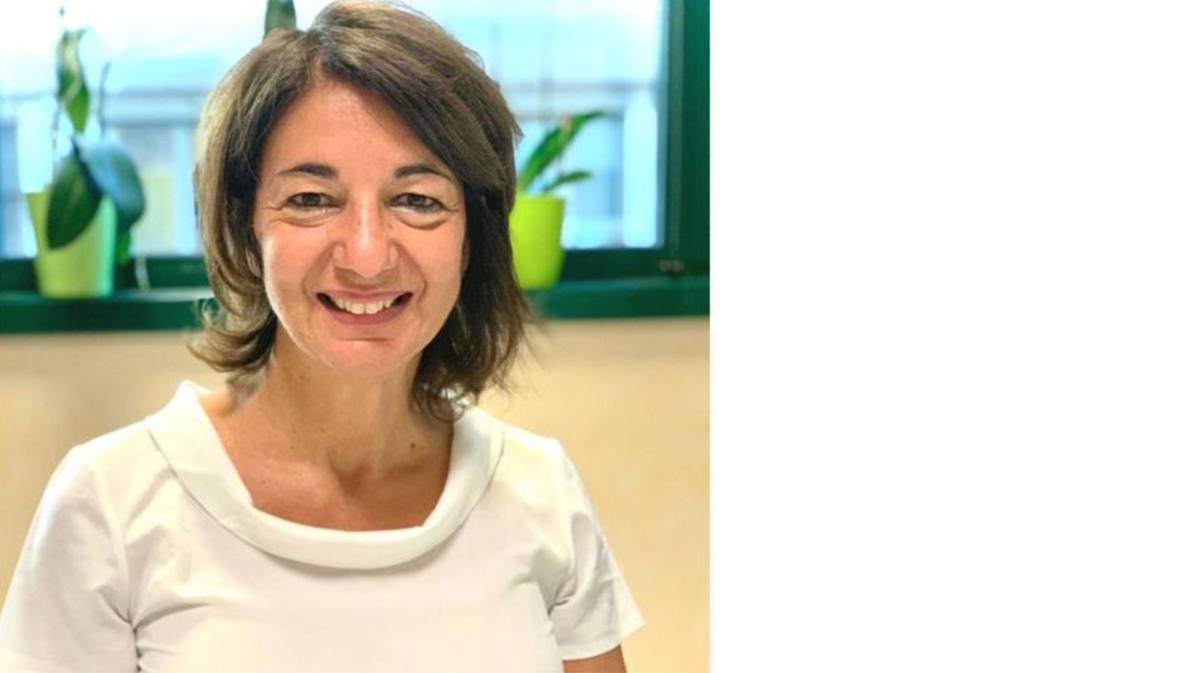
The Professor has been studying the molecular characteristics of AML and MDS for over 20 years; she was PI of several clinical studies on the treatment of AML and MDS, in particular with the Hypomethylating treatment (HMT), at the Università “Cattolica del Sacro Cuore” of Rome and subsequent at the University of Rome “Tor Vergata”, where currently she directs the Advanced Oncohematological Diagnostics laboratory.
Her laboratory and clinical / translational interests are in the area of molecular diagnostics and epigenetics, with particular emphasis on prognostic factors in AML and MDS.
For years you have been a member of the GIMEMA AML and MDS Council; moreover, since 2020 she has been the Coordinator of the Doctoral Course "Immunology, Molecular Medicine and Biotechnology" of the University of Rome "Tor Vergata".
She is author or co-author of more than 240 publications on peer-reviewed international journals (MDS, AML with H-index: 45).
Since 2021 she is the President of the Italian Society of Experimental Hematology.
Prof. Christian Thiede
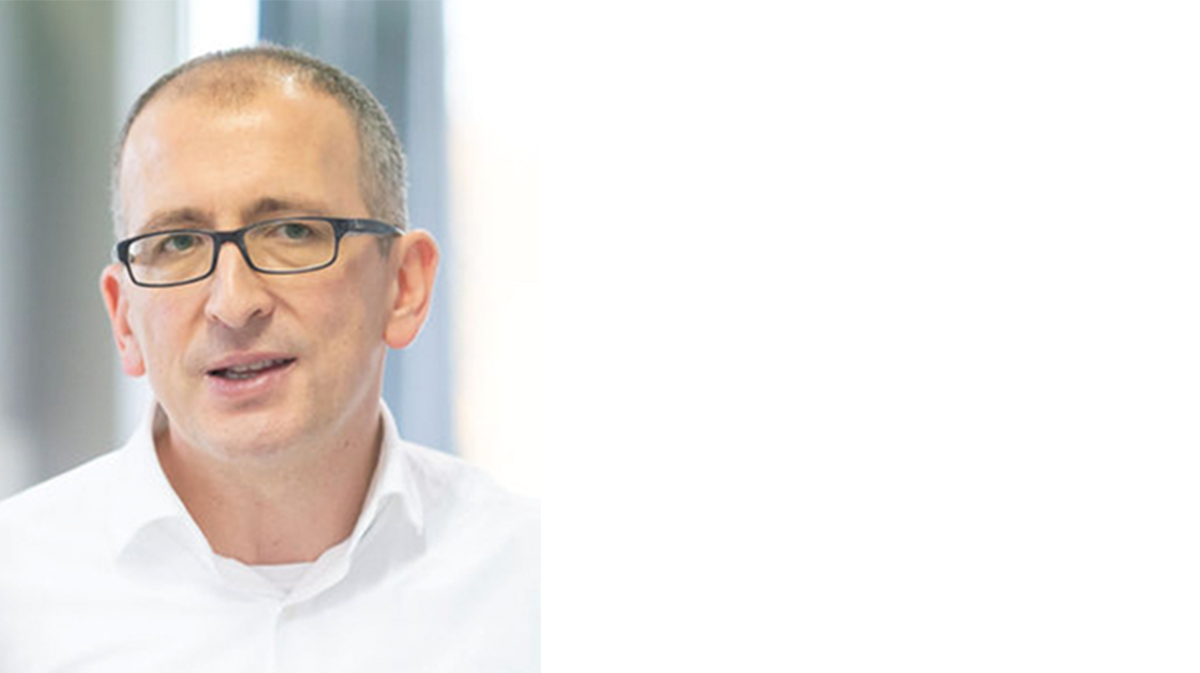
Dr Christian Thiede studied medicine in Berlin and did his Post-Doc at the Humbold-University in Berlin before moving to Dresden. Since 2006, he holds a position as Professor of Molecular Hematology at the TU Dresden. During the last 20 years, Dr. Thiede has focused his work mainly on the molecular characterization of patients with acute myeloid leukemia (AML).
Dr. Thiede is member of the ELN-foundation and lead participant of several key working parties of the European Leukemia Network, including WP5 (AML), WP12 (MRD) as well as the ELN-DAVID initiative on MRD-standardization in AML, executive board member of the EHA AML-scientific working group and member of the ASH Scientific Committee on Hematopathology & Clinical Laboratory Hematology.
Dr. Mariadomenica Divona
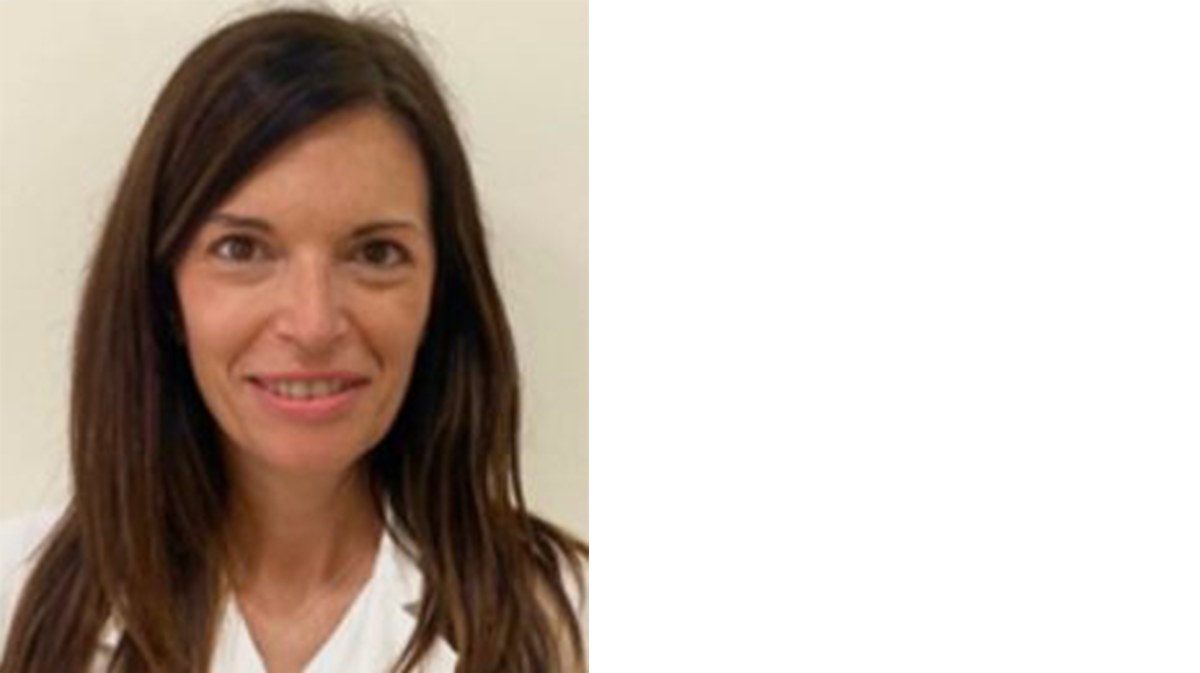
Dr. Divona works as Technical Referent of the UOSD of Advanced Oncohematological Diagnostics of the “Tor Vergata” University Hospital of Rome. She graduated in Biomedical Laboratory Diagnostic Techniques-Clinical Pathology and Hematology. She is the manager of the management and execution of molecular tests for the diagnosis and monitoring of MMR in haematological neoplasms, in particular in acute promyelocytic leukemia.
Her research activity is aimed at the genetic characterization of oncohematological diseases in order to obtain a more accurate stratification of the prognostic risk and therefore a better evaluation of the response to therapy.
She is co-author of more than 60 publications on international journals (H-index: 20).
Dr. Tiziana Ottone
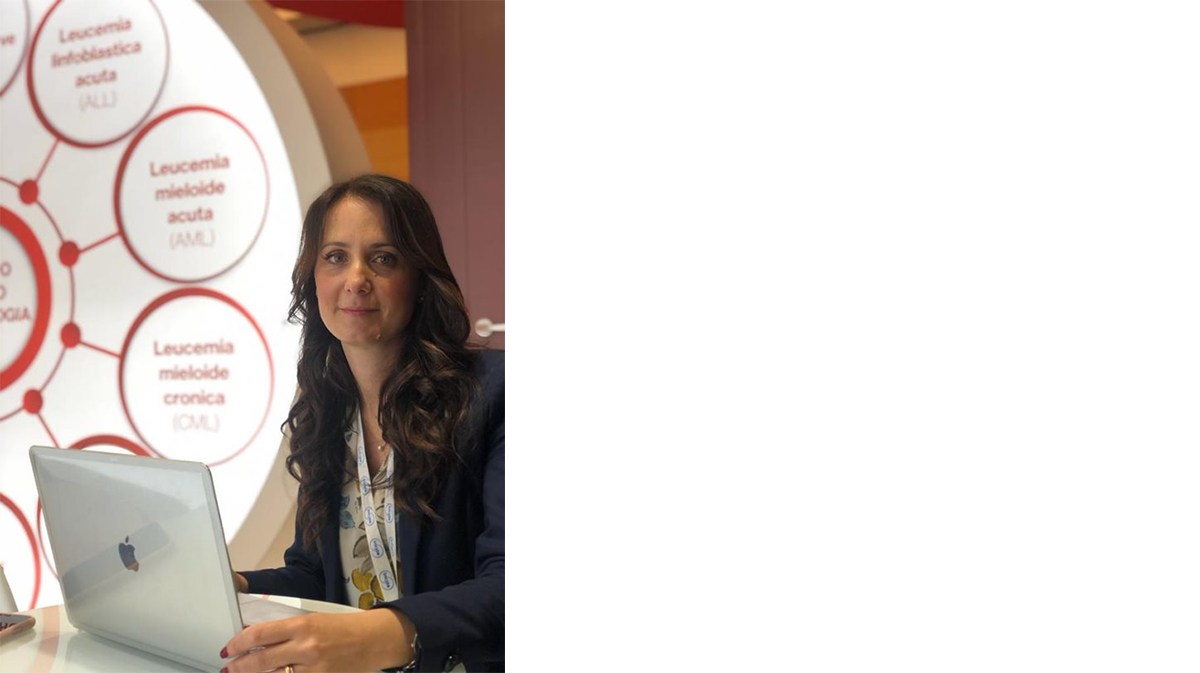
Dr. Ottone is a biologist, PhD and specialist in Clinical Pathologist at UOSD of Advanced Oncohematological Diagnostics of "Tor Vergata" University Hospital of Rome. She is involved as scientific reference for the development, validation and standardization of molecular biology analysis and translational research in several clinical protocols active for treatment of AML patients (GIMEMA). Her main activity is focused on AML and APL disease, and she is author of 76 scientific publications.
Dr. Richard Dillon
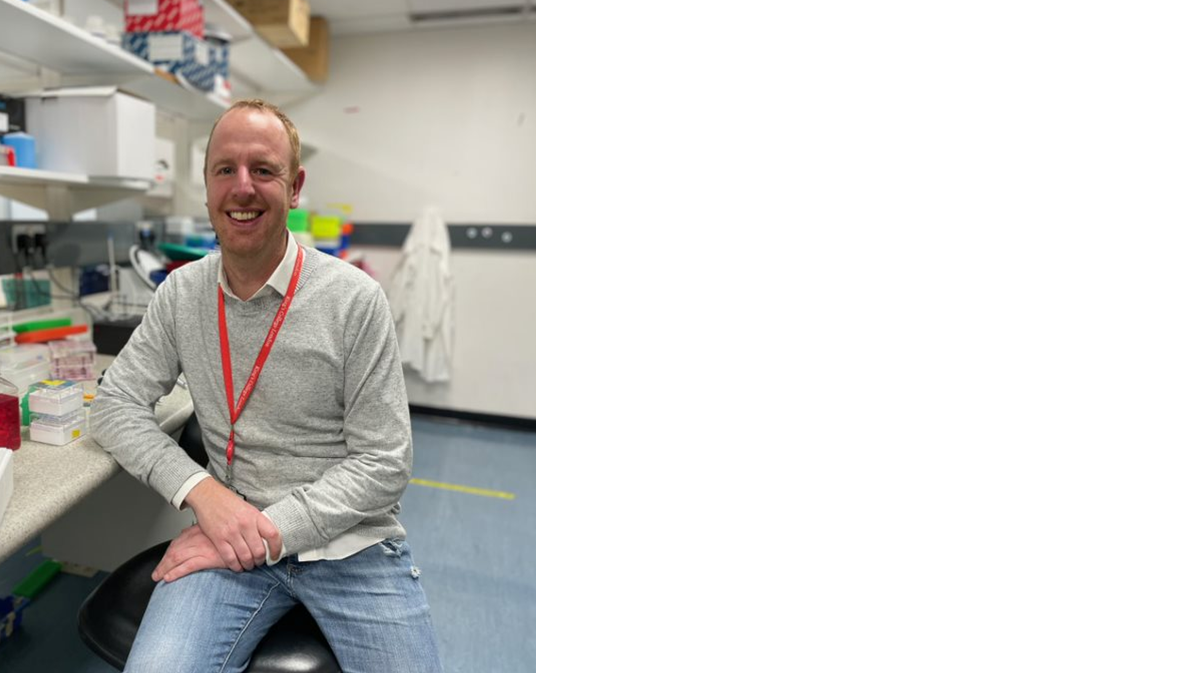
Dr Richard Dillon is a Clinical Senior Lecturer in Cancer Genetics in the Department of Medical & Molecular Genetics, King’s College Londonand Consultant Haematologist at Guy’s Hospital.
Dr Dillon leads the laboratory which evaluates minimal residual disease (MRD) detection using quantitative PCR as a means for directing treatment approach in the context of the UK National Cancer Research Institute (NCRI) leukaemia trials. Dr Dillon has helped to pioneer research into predicting relapse in acute myeloid leukaema (AML) through development of sensitive molecular methodologies, and is working to establish MRD in AML as a standard of care in the UK.